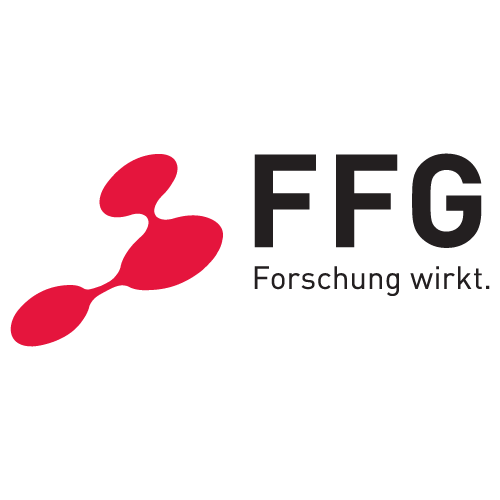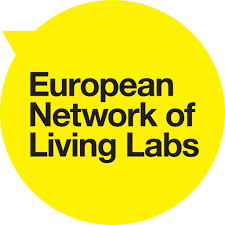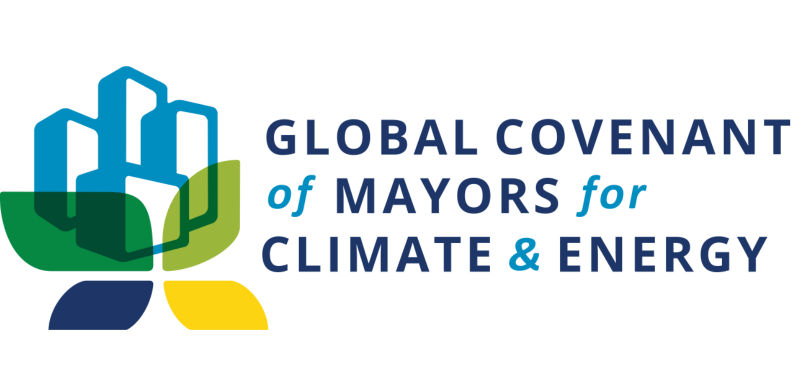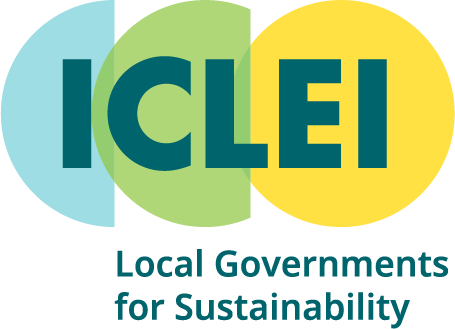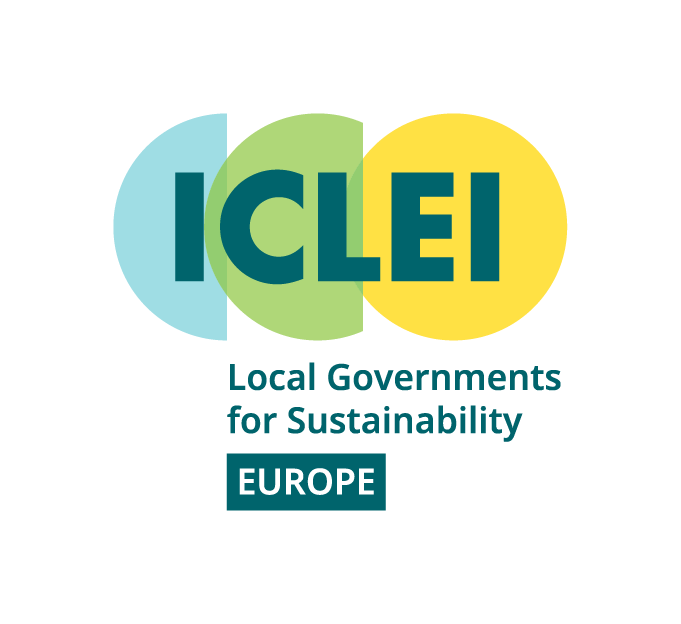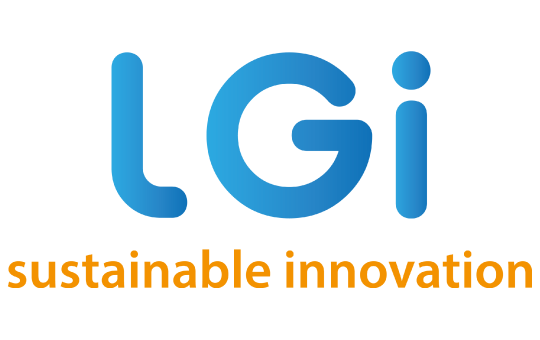The Urban Transitions Mission Centre

What is the Urban Transitions Mission Centre?
Cities are critical hotspots for climate mitigation and have ambitious visions to reap the multiple co-benefits of climate action, yet gaps still persist between local action plans and the pace of current transformations.
The Urban Transitions Mission Centre (UTMC) is a global platform that promotes urban sustainability and facilitates climate-neutral transitions. The UTMC helps cities to bridge knowledge and capacity gaps by linking cities with policy, implementation, and funding solutions via exchanges that transcend national and world Regions’ borders.
Building on the European Mission for Climate-Neutral and Smart Cities, the UTMC supports the activities of the Urban Transitions Mission of Mission Innovation, and it enables a wide international knowledge and practice network of cities and urban stakeholders that helps drive transitions globally. It will enable cities to build their capacity in a networking environment with access to knowledge and tools on urban systems integration, technology developments, successful policies, investment and funding opportunities, as well as the cobenefits, mistakes and trade-offs that cities encounter in the pathway towards a net-zero urban environment.
The UTMC makes available evidence-based solutions and good practices to accelerate urban transitions and promote financing and funding opportunities to implement integrated urban climate action. It offers advanced frameworks and moderated learning across governance levels to raise awareness of and capacities for climate neutrality policies. The UTMC also establishes a forum for international exchange and cooperation on climate-neutral and net-zero urban transitions by organizing global and regional events and comprehensive dissemination measures to raise visibility of EU and international good practice and strengthen international cooperation.
The UTMC's activities focus on three impact pathways
Mainstreaming knowledge and good practice to accelerate urban transitions
Offering advanced frameworks and moderated learning across governance levels to raise awareness and capacity for climate neutrality policies
Establishing a forum for international exchange and cooperation on climate-neutral urban transitions
Finding synergetic uses for energy and nature-based actions can improve outcomes for both, whether by improving the use of space through co-location, providing general well-being improvements for users, identifying alternate sources of finance and business models to allow for simultaenous uses, and generally improving the use cases for both options. Contagem, in Brazil, is one such example of a city undertaking both energy and nature-based action.
Download the policy brief here.
Cities can do a lot to reduce the energy intensity of their biggest energy-consuming sectors, namely buildings and transport, given the powers at thei disposal. However, various actors must work together to address the unique financial, technical, and socioeconomic barriers. The example of Zhytomyr, Ukraine, illustrates the benefits of improved energy efficiency, including greater resilience.
Download the policy brief here.
Decarbonization policies and strategies intersect with existing inequalities, resulting in varied impacts. This means transition will affect people differently, with groups better able to adapt than others. Given the recognized disparities in transport related to income, gender, race, age, and physical abilities, a just transition focused on users is urgent and represents a basic right. Advancing a just transition requires labor market policies that provide users with income support on their daily commutes and transport planning strategies that leave no one behind. These measures aim to provide affordable and equitable access to opportunities, reduce inequalities and discrimination based on minorities and gender, and address the structural injustices within urban mobility systems and its current patterns. The City of Kaohsiung, Chinese Taipei, provides a model for other cities to follow.
Download the policy brief here.
India is uniquely positioned to scale up the deployment of electric vehicles (EVs), leapfrogging traditional mobility models that perpetuate congestion, air pollution and oil dependence, while enhancing innovative business models and driving down costs of components’ manufacturing. As India undergoes a deep economic transformation, rapid growth in passenger and freight demand will necessitate a shift towards more sustainable transport solutions. Two and three-wheelers (2/3Ws) have enormous relevance to Indian cities, and electrifying them holds immense potential to transform commuting and transport of goods. This shift promotes affordable, equitable and accessible options while also decarbonizing the transport system in the country. India’s experience serves as inspiration for other countries to pursue similar efforts in this direction.
Download the policy brief here.
Local governments face significant challenges in addressing climate change due to limited financial resources and technical expertise. Via this task, UTMC aims to bridge these gaps by facilitating dialogue, knowledge exchange, and capacity building among cities as part of the support to the Urban Transitions Mission (UTM), as well as Net Zero Cities (NZC) and beyond. ICLEI, who is leading the Transformative Actions Program (TAP), plays a central role in supporting cities showing alignment and leadership on the Sustainable Development Goals (SDGs) to strengthen their climate ideas towards financial readiness through project preparation and improved access to potential financiers.
Download the report here.Urbanisation and its impact on urban systems and services, industrialisation, transportation, buildings, energy and waste sectors significantly contribute to GHG emissions within cities and urban areas. According to the latest Report on Mitigation of Climate Change released by the Intergovernmental Panel on Climate Change (IPCC) in 2022, cities accounted for 67-72% of GHG emissions of the global share in 20201. Population growth, expansion of urban land use, and increased demand for infrastructure and services within the urban areas will further increase the GHG emissions levels by 2050, thereby exacerbating the global climate crisis – unless this GHG trend is stopped and reversed. In this context, local governments have a key role and responsibility in taking effective action2 to contribute to the Paris Agreement goals, and help ensure that the global average temperature rise remains well below 2 degrees Celsius (°C) compared to pre-industrial levels, and strive to limit the increase to 1.5°C. The window for achieving the latter seems to have already closed.
Download the guide here.
Rapid urbanization demands innovative solutions for infrastructure, energy, and waste management. Public-private partnerships (PPP) offer a strategic approach for cities to mobilize investments, share risks, develop know-how, and improve service efficiency by collaborating with the private sector. As complex undertakings, PPPs face challenges, including regulatory and financial risks and difficulties in balancing profitability with sustainability. Addressing these challenges requires clear policies, institutional capacity building, and strong governance frameworks. International institutions can play a crucial role in supporting PPPs through funding and expertise. The PWD and Kwasiadwaso Market Projects in Accra, Ghana, demonstrate how PPPs can modernize urban infrastructure while addressing sustainability concerns.
Download the Policy Brief here.
Increasing the deployment of renewable energy (RE) is one of the key pillars in achieving climate-neutral and ultimately net-zero emission cities. Ambitious targets can serve to mobilize various stakeholders, draw greater attention and resources to cities’ efforts, and challenge existing beliefs of what may or may not be possible. This implementation guide, aimed at cities (and other local and regional governments) interested in kickstarting their renewable energy journey, lays out the path towards setting a renewable energy target—including up to 100 percent—followed by the development of plans and implementation mechanisms that can guide cities towards the achievement of such a goal.
Download the guide here.
Cities around the world are facing growing risks to their energy systems as climate change intensifies heatwaves, storms, droughts, and large-scale power outages. This guide supports local governments in understanding these threats and in identifying practical actions to strengthen energy resilience. It introduces key risk drivers, highlights approaches that enable integrated and holistic planning, and provides clear recommendations that can be adapted to different urban contexts. Building on global initiatives and city experiences, the guide aims to help cities protect critical services and advance towards climate-neutral and resilient energy systems.
Download the guide here.
This workshop brought together cities and experts from India and South Asia to explore how future global trends may shape urban resilience. Through a collaborative foresight exercise, participants analysed emerging challenges, identified key uncertainties, and developed scenarios looking toward 2035. The outcomes offer cities practical insights to support long-term planning and guide their pathways toward climate-neutral and resilient futures.
Learn more here.
The UTMC is funded by the European Union’s Horizon Europe. Since December 2022, a consortium of urban experts from organizations such as the Austrian Research Promotion Agency on behalf of JPI Urban Europe, the European Network of Living Labs (ENoLL), Eurocities, the Global Covenant of Mayors for Climate and Energy (GCoM), ICLEI – Local Governments for Sustainability, and LGI Sustainable Innovation, is facilitating the set-up and roll out of of the UTMC’s activities.
UTMC has received funding from the European Union’s Horizon Europe programme under the Grant Agreement n°101095976 — Call: HORIZON-MISS-2021-CIT-02 — Project name: Global Knowledge Exchange Centre (GKEC) for Urban Climate Neutrality

